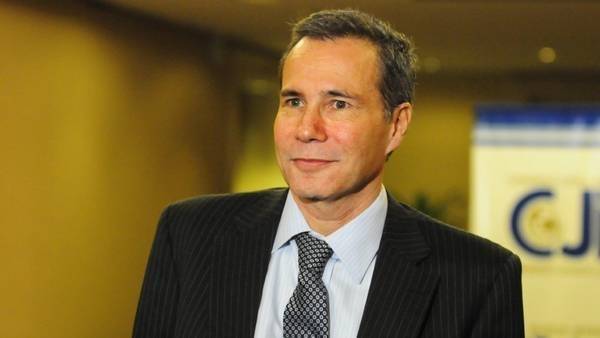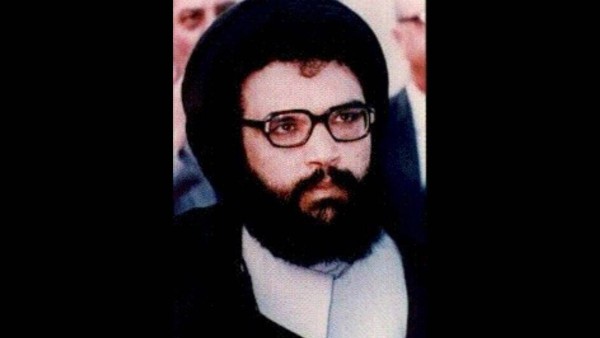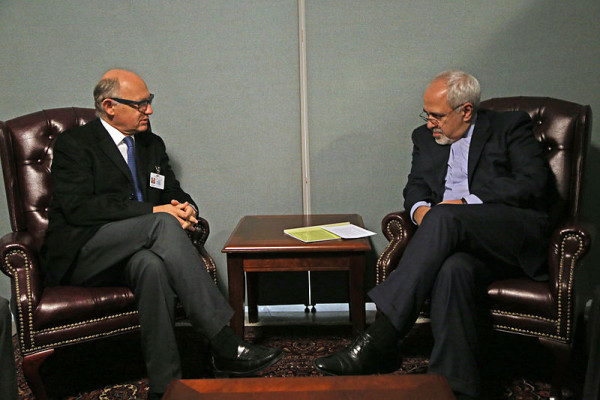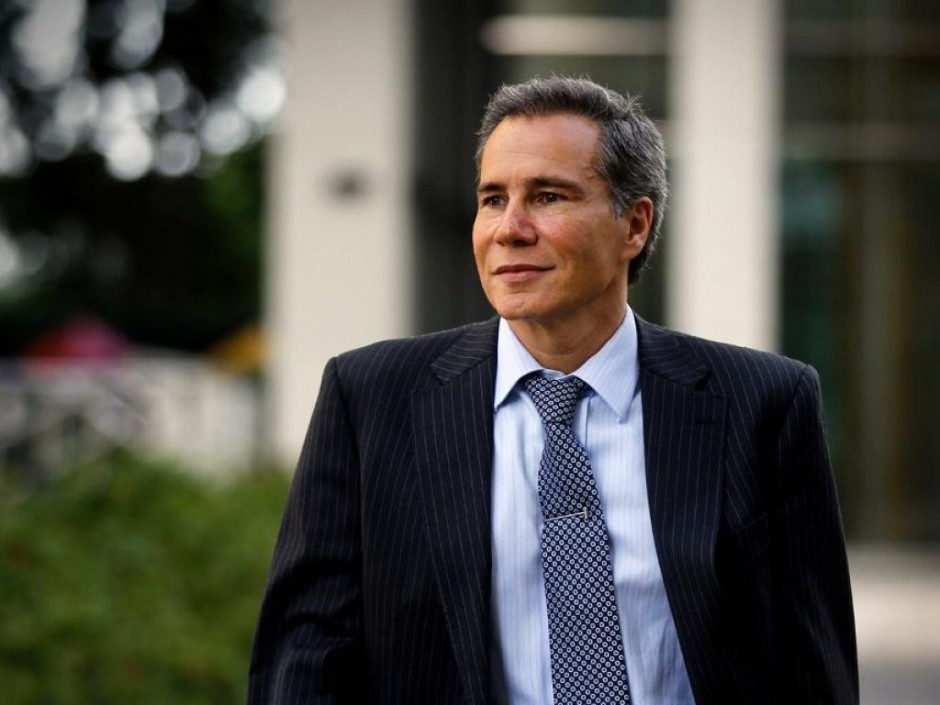The sordid Alberto Nisman affair currently unfolding in Argentina has all the ingredients of a taut Hollywood thriller: a terrorist attack that levels a building in the heart of Buenos Aires and kills scores of Jews, an Argentinian government investigation that peters out under suspicious circumstances, and the cold-blooded, mysterious murder of a fearless special prosecutor who had investigated this murky case and was on the verge of presenting yet more of his explosive findings to Argentina’s Congress.

The story broke on January 19 with the shocking news that Nisman, 51, had been found dead in his apartment less than 24 hours before he was due to present a report about the July 1994 bombing of the Jewish community center in Buenos Aires. Most likely perpetrated by Iran and Hezbollah, it claimed the lives of 85 people, most of whom were Jews, and was regarded as the worst antisemitic act of violence since the Holocaust.
About a decade later, Nestor Kirchner, the then president of Argentina, appointed Nisman to take over the reins of an inquiry that had been established to probe the bombing. Nisman concluded that Hezbollah — the Lebanese Shiite organization that fought a war with Israel in 2006 — had carried it out in collusion with its ally, Iran, which is dedicated to Israel’s destruction.
In all probability, Hezbollah struck the Jewish community building to avenge the death of its supreme leader, Abbas Musawi, who was killed by an Israeli air strike in February 1992 in southern Lebanon along with his wife and son. Shortly after this incident, the Israeli embassy in Buenos Aires was bombed, with a loss of 29 lives. Observers attributed the attack to Hezbollah.

After Nisman released his damning report, Argentina asked Interpol, the international police organization, to issue arrest warrants for the seven Iranian and Hezbollah officials who had supposedly ordered and implemented the 1994 bombing. They have yet to be arrested.
Three years ago this month, the Argentinian government announced the creation of a joint Argentina-Iran “truth commission” to investigate the bombing. The Jewish community, the largest in Latin America, reacted negatively. How could Iran possibly conduct an impartial investigation of a bombing in which it was probably involved?
The matter lay there, simmering, until it boiled over a few days ago with the disclosure that Nisman had been murdered.
Nisman had been scheduled to present a 289-page criminal complaint to Congress charging that President Cristina Fernandez de Kirchner — Nestor’s wife and successor — and Foreign Minister Hector Timerman — the son of human rights activist Jacobo Timerman — had hatched a byzantine plot to absolve Iran of complicity in the 1994 bombing in exchange for Iranian oil supplies and further Argentinian access to Iranian markets.

By all accounts, the pact was never consummated because Argentina had failed to persuade Interpol to cancel the arrest warrants of Iranian officials implicated in the bombing. Timerman claims that Argentina never made such a request.
A day before his body was discovered in his bathroom, a gunshot wound to his head and a spent bullet on the floor, Nisman had presciently told a journalist, “I might turn up dead from all this.”
Interestingly enough, Nisman was murdered around the time an Israeli helicopter fired on a Hezbollah convoy in southern Syria, killing, among others, Jihad Mughniyeh, the son of Imad Mughniyeh — a top-level Hezbollah commander who was purportedly assassinated by Israel in 2008 — and Mohammed Allahdadi, an Iranian Revolutionary Guards commander.
To no one’s surprise, Argentina vehemently denied Nisman’s allegation, with Kirchner’s aide, Anibal Fernandez, implausibly claiming that his complaint was “absolutely feeble.”
Kirchner, in a Facebook posting, incredulously suggested that Nisman had shot himself. “Suicide is always a befuddling act,” she wrote disengenuously.

In the face of Kirchner’s absurd accusation, thousands of demonstrators massed in Buenos Aires to condemn her, and in a survey, 70 percent of respondents agreed that Nisman had in fact been murdered.
Apparently cowed by the response, Kirchner retracted, admitting in a Facebook entry that Nisman’s death had been a homicide, and suggesting that he had been manipulated by dark forces in Argentina.
Kirchner’s belated admission that Nisman had died at the hands of an assassin was a reflection of the obvious.
Far from being suicidal, Nisman was in an upbeat mood, says the president of Argentina’s Jewish community, and was eager to spill the beans, so to speak.
According to the transcripts of Nisman’s complaint, released by a judge on January 22, Argentinian government officials had been thinking of shifting attention away from Iran by blaming the bombing on right-wing groups.
The transcripts also reveal that Timerman, in an apparent attempt to curry favour with Iran, had informed the Iranian foreign minister that Argentina would not move forward with the investigation of the bombing. Their meeting reportedly took place in the Syrian city of Aleppo in January 2011, on the eve of the popular uprising that erupted in Syria.
It would appear that there may be a silver lining in the Nisman affair after all. As Fernando Gonzalez, the editor of the newspaper El Cronista, wrote, “The publication of Nisman’s complaint is a first step that can contribute to the transparency of an investigation plagued by mystery and frozen for 20 years in a tomb of impunity.”
Twenty years after the destruction of the Jewish community center in Buenos Aires, Argentina owes it to itself and the world to finally solve this despicable crime and dispel the notion that it has engaged in a cover-up.
Argentina has dragged its feet far too long, and in the wake of Nisman’s murder, it is incumbent on Argentina to put this matter to rest for once and for all.
